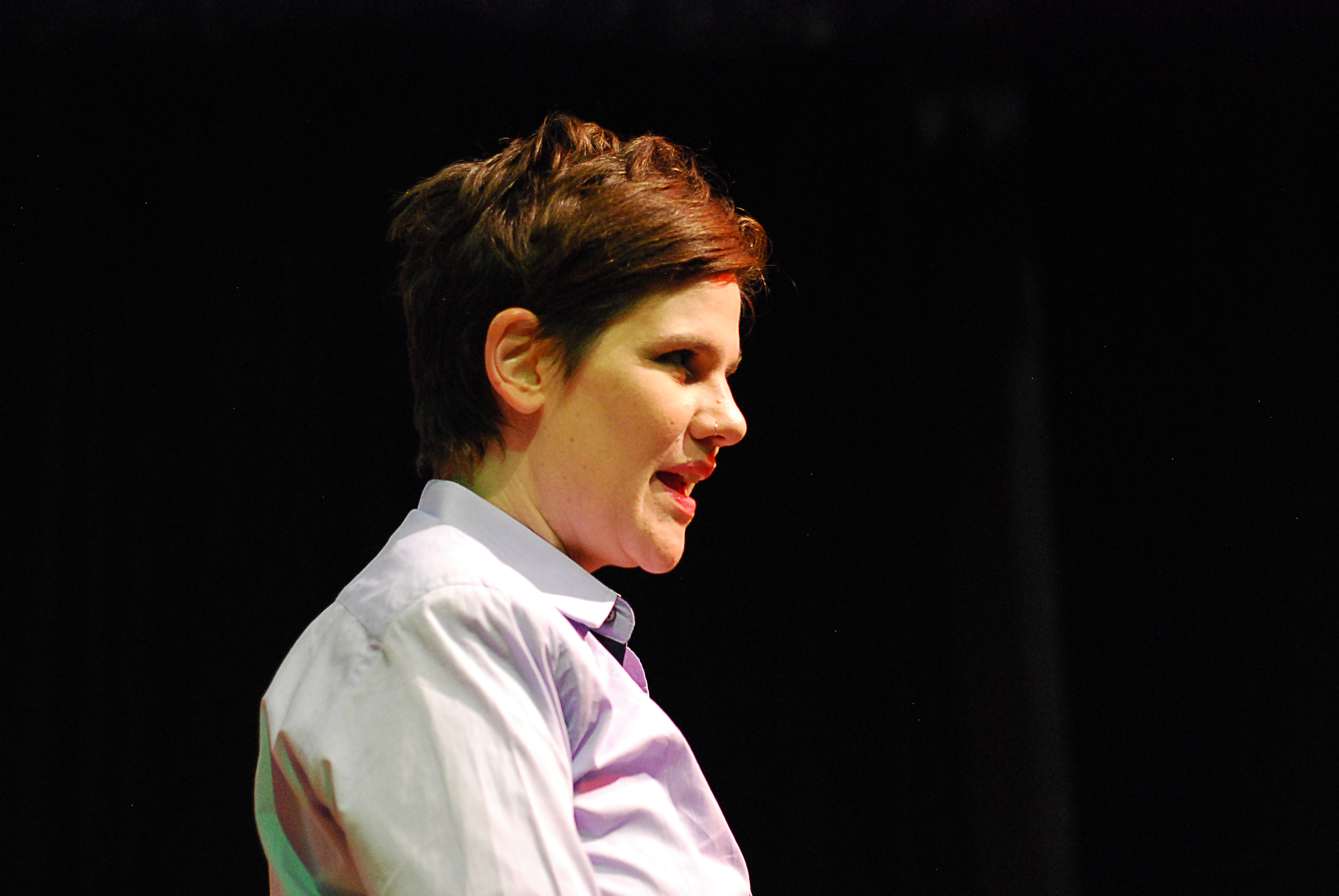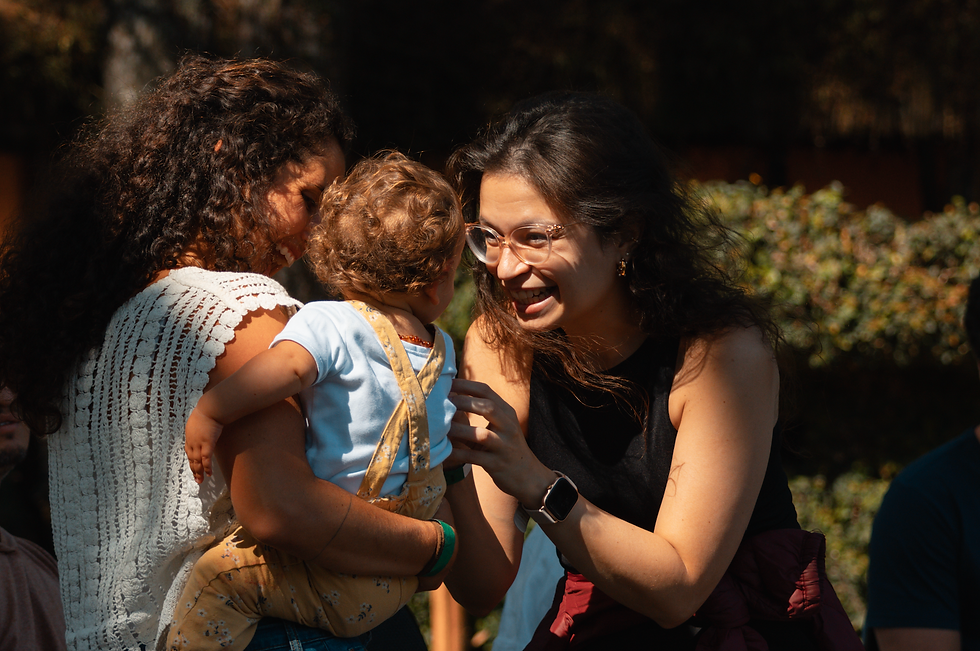Preserving Ancestral Wisdom: The Kalapalo and the Global Call to Action
- Anne Rammi

- Oct 5, 2023
- 2 min read
Complex challenges and threats mark the history of the Kalapalo and other indigenous communities in Brazil. The uncontrolled expansion of agriculture, deforestation, mining and the exploitation of natural resources cast shadows over their lives and territories. It is alarming to know that forty per cent of global deforestation occurs due to clearing land to produce commodities such as beef, soya, palm oil, cellulose, paper and wood products, often financed by banks. The European Union, for example, is responsible for 16% of tropical deforestation associated with international trade, ranking second after China, and around 40% of global deforestation results from deforestation for the production of commodities such as beef, cocoa, coffee, palm oil, rubber, soya and wood products. This means that consumers worldwide are directly financing the devastation of Brazilian forests and, with it, the way of life of populations like the Kalapalo. However, in the global north, there is often a prevailing belief that the devastation of forests is the responsibility only of local actors, which is a mistake. Devastation goes beyond the destruction of biodiversity. The violent disruption of natural cycles and the relationship between hunter-gatherer communities and the natural world triggers social conflicts and human rights violations, which distance us, as a global society, from a possible future. For example, the end of the Amazon rainforest is a sentence of irreversible overheating of the planet. All living beings on earth depend on each other.
The European Parliament recently established that companies operating in the commodities industry must demonstrate that their products do not originate from deforested or forest-degraded areas, at the risk of heavy fines. This measure reflects an essential step towards holding the companies involved accountable. However, critics argue that more is needed to curb deforestation, especially if there is political pressure on EU countries to ignore non-compliance with the new regulations. Individual action is important, but we must also demand that companies, governments and financial institutions actively protect indigenous lands and biodiversity and tackle business practices that harm the environment and indigenous peoples.
Aílton Krenak, a Brazilian indigenous leader involved in the formulation of the Alliance of Forest Peoples, which won participation in the formulation of the Brazilian constitution to guarantee indigenous rights, recently said: "The future is ancestral, and humanity needs to learn from it how to tread softly on the earth." To fully respect the importance of preserving the Kalapalo way of life and all ancestral cultures, getting to know them and entering into an intimate and affective relationship with their narratives is essential. Humans also need to cultivate the ability to dream and imagine our future of harmony and integration with nature. For this reason, we asked the Kalapalo to tell us a story, which we bring you today with the help of Veronica and Thomaz. In this short video, they talk about their traditions, food and ancestral way of life, which guides their sustainable land use practices and the valorisation of biodiversity. We hope you enjoy and get inspired by your visions of an ancestral future for you, your community and the beautiful world that hosts us, still preserved to its integrity in some places, thanks to the resilience of peoples like the Kalapalo.



